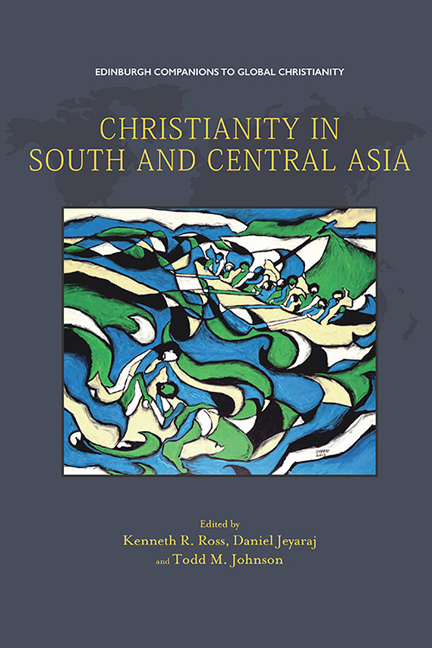The Maldives
Published online by Cambridge University Press: 30 April 2020
Summary
The Maldives comprises 1,190 coral atolls lying in the India Ocean to the south-west of India and Sri Lanka. Some 200 of the islands are inhabited, 26 with a significant population. The world's lowest country, it is severely at risk from the rising sea-levels currently evident as a result of climate change. The population today is just over 400,000, around 100,000 of whom are foreign workers.
In terms of religion, the overwhelming majority of the population is Muslims. The presence of Islam in the islands dates back to the twelfth century, when Sunni Islam was introduced. Its history has been marked by Sufi influence, with the graves of saints having formed a focal point for faith. Today, Sunni Islam is the official religion of the entire country and strictly enforced by the government. Only Muslims qualify for citizenship. Non-Muslims (including Christians) are not eligible either to vote or to hold public office.
The British Protectorate, which lasted from 1887 to 1965, did not result in any missionary work or spread of Christianity among the indigenous population. Today's thriving tourist industry has brought many migrant workers to the islands, but, since these are mostly from nearby Islamic countries such as Bangladesh, the society remains solidly Islamic.
Government policy places a high premium on the Islamic identity of the country, and conversion to Christianity is punishable by loss of citizenship and, allegedly, torture. Public practice of Christian faith is illegal; there
are no church buildings, and ownership of a Bible is punishable by death. Periodically, there are reports of Christians being arrested. Foreign Christians who are open about their faith are liable to be expelled. The media and Internet are strictly censored and migrants’ luggage is searched to ensure that they do not carry any Christian literature.
Foreign workers are legally permitted to express their faith, but only privately in their homes when no Maldives citizens are present. Catholics (mainly Filipinos), the Church of South India, the Evangelical Mennonite Church and the Seventh-day Adventists have a small and low-key presence in the country. The number of Christian believers among the indigenous population is thought to be very low, and they are obliged to observe their faith under conditions of utmost secrecy.
- Type
- Chapter
- Information
- Christianity in South and Central Asia , pp. 197 - 198Publisher: Edinburgh University PressPrint publication year: 2019



